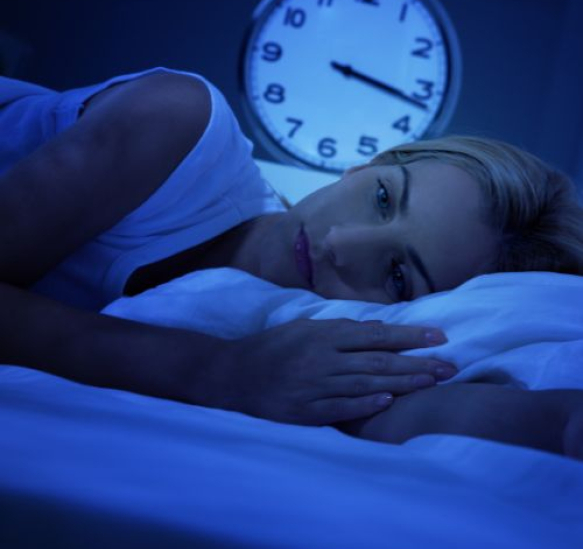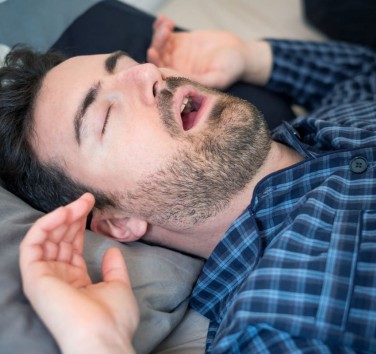What is insomnia? And how do you become an insomniac?
Insomnia is sometimes seen as a small occasional annoyance that ruins our nights, nothing more. And yet, it is a major risk factor that exposes us to serious health problems such as diabetes, cardiovascular diseases and even neurodegenerative pathologies.
Insomnia is characterized by difficulty falling asleep, frequent nocturnal awakenings or waking up prematurely in the morning, without being able to go back to sleep. When these disturbances occur at least three times a week and continue over several months, we then speak of chronic insomnia.
Clearly, the individual no longer benefits from this regenerative sequence that is sleep, and their quality of life is profoundly degraded.
How do you become insomniac?
The path to insomnia is generally gradual. On a psychological level, insomnia can arise in periods of intense stress or emotional upheaval, where the mind struggles to find the calm necessary to fall into sleep.
Preoccupations, whether professional or personal, create hyperactivation of the nervous system and prevent the triggering of natural sleep mechanisms.
Certain everyday behaviors can also affect the quality of sleep. For example, prolonged use of electronic devices before bed can interfere with the production of melatonin, the sleep-regulating hormone, delaying falling asleep.Consumption of stimulating substances such as Caffeine and nicotine can also disrupt the natural sleep cycle.
Finally, the environment also plays its role: an unsuitable, noisy or too bright sleeping space can become a breeding ground for insomnia. The temperature of the room, the comfort of the bedding and the safety of the living environment also weigh in the balance.
CBD: accelerate falling asleep and promote a full night's sleep
Neutralize omnipresent stress, calm acute or chronic pain and improve the quality of sleep. This is the triptych that pushes millions of French people to consume cannabidiol (CBD), this natural cannabinoid extracted from the hemp plant.
Devoid of any psychoactive properties, CBD interacts with the receptors of our endocannabinoid system which regulates several physiological factors, including mood, appetite, immunity and sleep.
Clearly, CBD reduces the body's response to stressful and distressing stimuli, which promotes rest and relaxation. The brain is therefore less likely to “spin in the void”, which accelerates the falling asleep phase. CBD also helps neutralize the symptoms of REM sleep, including nocturnal verbalization (talking in your sleep), unexpected awakenings in the middle of the night and muscle spasms.
To go further, you can consult:
- This study, which shows the interest of CBD in improving the quality of sleep;
- This study, which evaluates the benefit of CBD against paradoxical sleep disorders.
Want to experiment with cannabidiol to improve the quality of your sleep? Discover our range of “CBD to sleep”!














